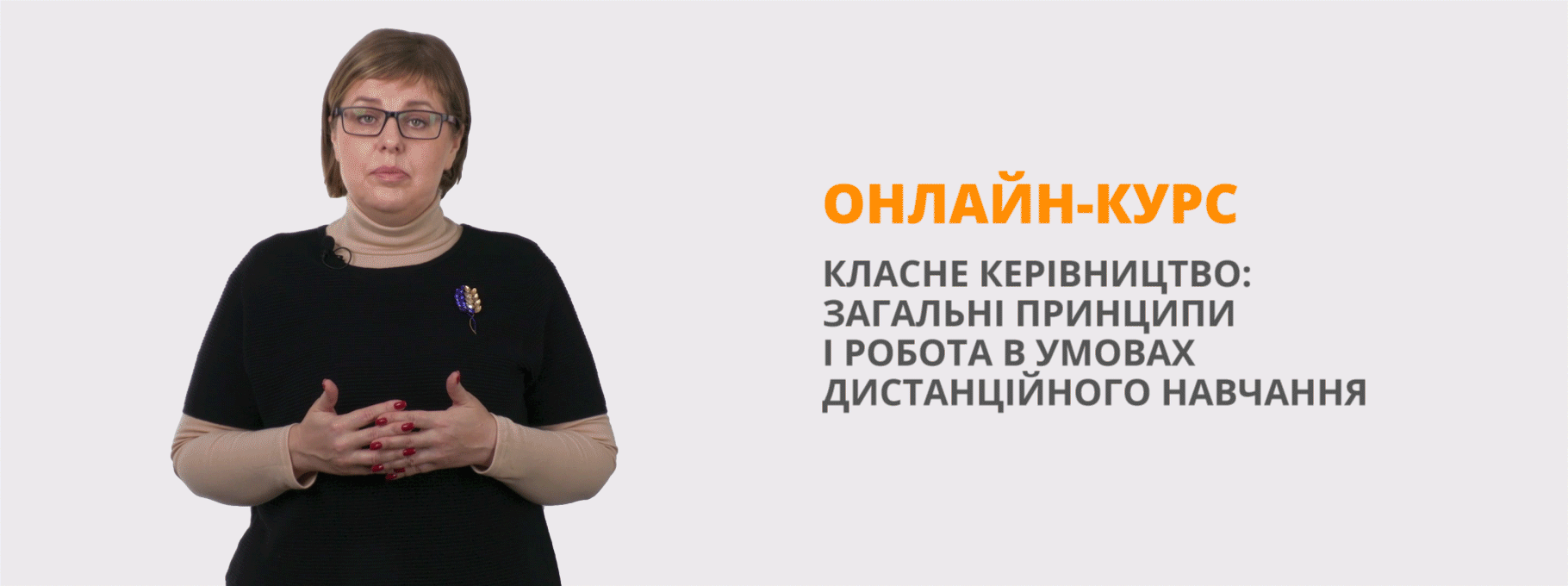Свято: St.Valentine's Day (День Святого Валентина)
Г.Л Коноваленко,
учитель англійської мови
Saint Valentine’s Day
(сценарій виховного заходу для учнів 9 класу)
Звучить пісня "Love Story", танцюють дві пари.
В зал заходять хлопчик та дівчинка.
Boy: Many children... Many hearts. The words St. Valentine's Day. What does it all mean?
Girl: May be it's a holiday. I know many holidays: Christmas, New Year, Fool's Day, Haloween. But I don't know what holiday it is. Let's ask children about it. Children, what do you know of Valentine's Day?
Pupil 1: I think Valentine's Day is really nice. I love it.
Pupil 2: I really enjoy it. It's brilliant when you get a card.
Pupil 3: Valentine's Day is fun. It's very flattering when a girl asks a boy out.
Girl: What do you know about this holiday?
Boy: When did people begin to celebrate this holiday?
Leader 1: Ok. Now we shall perform you our show devoted to St. Valentine's Day. Take you seats! Listen and look! St.
Valentine's Day is February 14. It's a day for love and friendship. You can send candy or roses, the flower of love, to someone you love. You can give Valentine cards to people you love. Cards can have hearts, flowers and poems on them.
Many people in different countries celebrate this holiday. Let's imagine that we are in Britain
(Звучить шотландська мелодія. Танцюють хлопчик та дівчинка. Хлопчик дарує квіти та валентинку і розказує вірш.)
Roses are red
Violets are blue
Sugar is sweet
And so are you!
Now we are in America. (Знову звучить мелодія у стилі кантрі та танцює пара.)
I'll be your sweetheart
If you will be mine
All my life I'll be your Valentine!
Imagine that you are in Brasil. (Звучить латино-американська мелодія та танцюють діти)
Let me call you sweetheart
I'm in love with you
Let me hear your whisper
That you love me, too.
Look, even birds choose their mates on this day. (двоє дітей танцюють танок закоханих пташок)
Leader 2 : Valentine's Day has roots in several different legends describing how this holiday came into being. One of these legends is the story of a Cupid.
Cupid is the god of love. He is a baby with magic arrows. Cupid likes to make people fall in love. He shoots his magic arrows on someone's heart. Then that person falls in love with the next person.
Many, many thousands years ago Venus, the goddess of love, lived in Rome. She was a beautiful woman. At that time Adonis, her lover, lived there too. He was strong and handsome.
Adonis: Every day the same old thing
A man, a woman and a wedding ring
He loves her, she loves him
Every day the same old thing.
Every day the same old thing
A man, a woman and a wedding ring
Venus: Cupid shoots his arrow at him
He falls in love with her
Cupid shoots his arrow at her
She falls in love with him
Same old thing
Same old thing
He loves her
She loves him
Leader 3: There is another legend how St. Valentine's Day began. Many years ago in Rome Claudius, the Roman emperor lived. He didn't want young to get married. Claudius wanted men to go to war.
One day a young couple came to him to get permission for marriage. But Claudius didn't allow them to get married. At that time a priest Valentine lived in Rome. He was a very good priest and many people liked him. That's why the young couple went to the priest and Valentine married them in secret. But Claudius found it out. He was very angry with Valentine and put him into prison. Claudius killed Valentine on February 14. Since then February 14 is known as St. Valentine's Day.
Leader 1: Today you have seen that St. Valentine's Day is a really wonderful holiday.
Leader 2: You have known much about this festival.
Leader 3: St. Valentine's Day is also celebrated in Ukraine. It becomes more and more popular nowadays.
Leader 1: We were happy to see you here.
Leader 2: We love you.
Leader 3: We give you our hearts! Happy Valentine's Day!
If you love somebody it is exiting and very wonderful thing in your life.
Роль позакласної роботи у виховному процесі
Позакласну роботу з іноземної мови можна визначити як систему неоднорідних за змістом, призначенням та методикою проведення освітньо-виховних заходів.
Позакласна робота з іноземної мови вирішує такі завдання:
- удосконалення знань, навичок і вмінь, набутих на уроках;
- розширення світогляду учнів;
- розвиток їхніх творчих здібностей, самостійності, естетичних смаків.
Необхідно враховувати психолого-педагогічні особливості навчання мови на різних ступенях.
На початковому ступені учні мають такі риси:
- прагнення до конкретної діяльності, негайного результату;
- допитливість;
- емоційна активність;
- невміння керувати своєю поведінкою;
- розвинена механічна пам’ять.
На цьому етапі доцільно вивчати з учнями вірші, пісні, інсценувати невеликі за змістом казки, римівки та діалоги.
На середньому ступені підлітки виявляють більшу соціальну активність. Запам’ятовування набуває цілеспрямованого характеру.
На старшому ступені формується науковий світогляд, збільшується інтерес до людських взаємин.
Існує три форми позакласної роботи: індивідуальна, групова, масова.
Щодо масової форми роботи, то в школі часто проводяться конкурси, фестивалі, тематичні вечори, в яких бере участь велика кількість дітей. Учні постійно випускають стінгазети до заходів, створюють декорації до вистав. Вони охоче беруть участь у позакласній діяльності, де розкривається їх самостійність, емоційність, бажання, творчі здібності, зникає страх перед оцінками.
Позакласна робота має велике значення для виховання. Вона сприяє формуванню навичок читання, вміння користуватись довідниками, енциклопедіями, формуванню духовної культури. Важливою умовою успіху є залучення кожної дитини до роботи. Спочатку дитина виконує роль слухача, виконавця, пізніше випробовує себе в різних ролях: учасника, організатора, автора.
Важливим моментом є позиція педагога – він має бути не над дітьми, а поряд з ними.


про публікацію авторської розробки
Додати розробку
